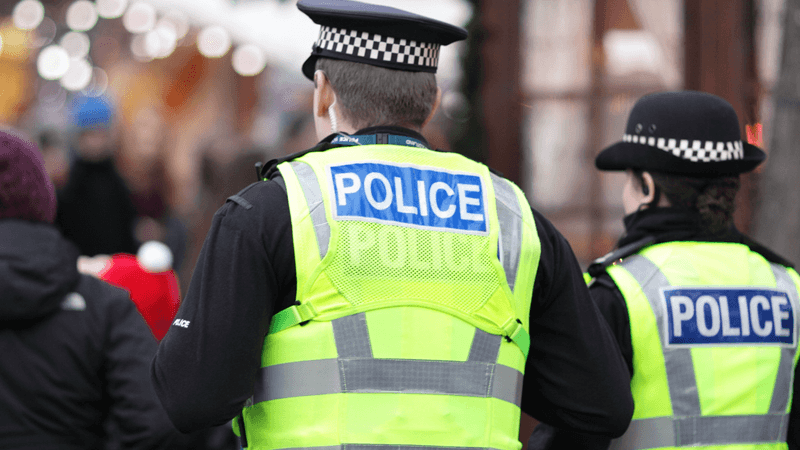The Metropolitan Police has announced that it will no longer investigate allegations of non-crime hate incidents (NCHIs).
A spokesperson said the move will “provide clearer direction for officers, reduce ambiguity and enable them to focus on matters that meet the threshold for criminal investigations”. However, it will still record NCHIs to “establish potential patterns of behaviour or criminality”.
The announcement came as the Metropolitan Police and the Crown Prosecution Service confirmed that comedian and writer Graham Linehan will face no further action over “suspicion of inciting violence” against men who identify as women in posts on social media.
‘Culture wars’
The Metropolitan Police stated: “We understand the concern around this case. The Commissioner has been clear he doesn’t believe officers should be policing toxic culture war debates, with current laws and rules on inciting violence online leaving them in an impossible position.
“As a result, the Met will no longer investigate non-crime hate incidents.”
We have to persuade the police to stop recording NCHIs in such a way that they can show up on enhanced DBS checks
Lord Young of Acton
Lord Young of Acton — Director of the Free Speech Union, which supported Linehan — said: “This is a great victory for the Free Speech Union, but it’s El-Alamein, not D-Day.
“The next battle will be to get every other police force in the country to follow the Met’s example. After that, we have to persuade the police to stop recording NCHIs in such a way that they can show up on enhanced DBS checks.”
‘Offensive’
Last month, His Majesty’s Chief Inspector of Constabulary Sir Andy Cooke called for NCHIs to be scrapped.
He said: “I think we need to separate the offensive from the criminal. We need at times to allow people to speak openly without the fear that their opinions will put them on the wrong side of the law.”
“I’m a firm believer that non-crime hate incidents are no longer required, and that intelligence can be gathered in a different way, which would cause less concern to the public and would make recording of such issues much easier for policing.”
More than 130,000 NCHIs have been logged across England and Wales since 2014. While they do not appear on a person’s criminal record, they can appear on enhanced Disclosure and Barring Service (DBS) checks.
Peer: ‘Hate crime seeks to criminalise certain thoughts’
Communities Secretary: ‘Islamophobia definition will not be allowed to infringe on free speech’
Some prayer is now unlawful in Australia, Attorney General admits


